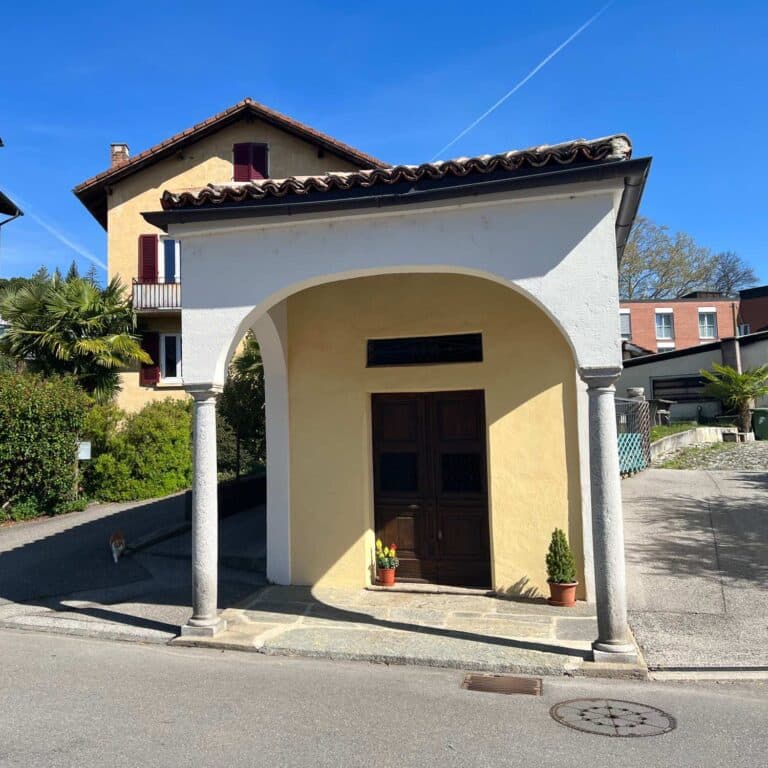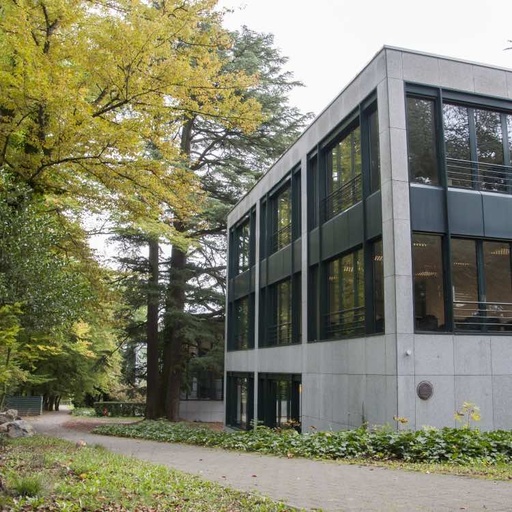



Switzerland
Why Study Here
With its dramatic mountain scenery, delicious cuisine, and renowned universities, Switzerland is a popular study destination. It is a relatively small country, bordered by Germany to the north, France to the west, Italy to the south and Austria to the east. While a great proportion of the country is taken up by the Alp mountain range, the majority of its population (8 million) lives in cities such as Zurich on the plateau.
A number of Switzerland’s cities regularly feature at the top of the quality of life surveys. It is commonly remarked within Europe that, with their watchmaking heritage, “the Swiss transport system always runs on time”. Switzerland and Belgium share two things in common: they both make delicious chocolate and they have more than one national language. In fact, in Switzerland, there are four; German, French, Italian, and Romansch.
The language spoken is determined by the canton it belongs to. Altogether, Switzerland has 26 cantons (states or provinces). Each canton can have one or more of the above as its national languages. Each language carries its own specific cultural traits and customs. German is the most widely spoken of these languages.
Although very much a part of Europe, Switzerland is not a member of the European Union (EU) and has its own currency, the Swiss Franc. However, it is part of the Schengen Area, which means it has abolished its border controls, allowing you to freely travel to other European countries.
In a similar fashion to Germany, Switzerland has different types of higher education institutions. There are canonical universities, which take a traditional approach to higher education. There are also universities of applied sciences (UAPS), which stress the practical side of learning and are less concerned with purely theoretical knowledge. Lastly, there are the Federal Institutes of Technology, which are focused on research connected to technology.
Working
Health Insurance
Swiss law requires international students to be personally insured through an insurance company. This insurance must cover medical and hospital fees as well as medication under prescription.
Proof of Means Req's
A bank statement showing sufficient funds to cover your studies or a declaration from your parents that they will cover your studies (with proof of their means such as pay stubs and bank statements showing regular deposits) is required. The amount is currently set at €1953 per year.
Student Residence
Students from non-EU/EFTA countries must contact the Swiss Embassy or the Swiss consulate in their native country and apply for a visa. Students are responsible for gathering the information and the documents required for the visa issuing process. Among other things, they must submit proof of registration at a university.
Students must be aware of the fact that, as a rule, an application for a visa takes several months to process. In Switzerland, student visas are handled at the cantonal level. A canton is a mix between a county and a state government. Refer here for the student visa data.
Requirements:
1. The national (type D) visa application forms must be fully completed and signed by the applicant. Applications which are not duly completed, dated and signed will not be accepted.
Please indicate your e-mail address and a contact phone number.
2. Four recent passport photos (very strict requirements; please consult the details on the webpage). Digital files and photocopies will not be accepted.
3) Two copies of a valid passport or travel document
4. If applicable, original and copy of proof of residency in the USA
5. Two copies of the confirmation/registration letter from the school in Switzerland
6. Two copies of confirmation of payment of school tuition fees.
7) A statement containing exact details of income and assets, with official proof and/or bank statements (2 copies each): A bank statement must show sufficient funds to cover your studies or a declaration from your parents that they will cover your studies (with proof of their means).
8. Two copies of previous diplomas and school certificates.
9. Two copies of a written confirmation that the applicant will leave Switzerland after he/she completes the chosen course of study.
10. Two copies of a resume (biographical data, schools attended, etc.)
11. Two copies of a brief essay on the applicant's future plans
12. The visa fee and additional postage fee are currently unavailable. Please check the website for the current fees. Your request will be forwarded for a decision to the competent cantonal foreign police where you intend to study, and the representation will only be able to issue your visa upon receipt of the authorization. Please note that the procedure takes at least 8–10 weeks. Once the authorization has been given, you will have to submit the following documents to the competent Swiss representative in order to obtain the visa:
1. Original passport or travel document
2. One prepaid, self-addressed return envelope with a tracking number, if you wish to have your passport returned by mail. Please note that this is not an exhaustive list. If necessary, you may be asked to submit additional documents.
Please note: only Americans or foreign residents and foreign students in the United States who have a valid permanent resident card or a valid U.S. visa may apply for a visa. You must apply in your country of residence if you have a B1 and/or B2 visa.
Cities
Schools
Key Facts







